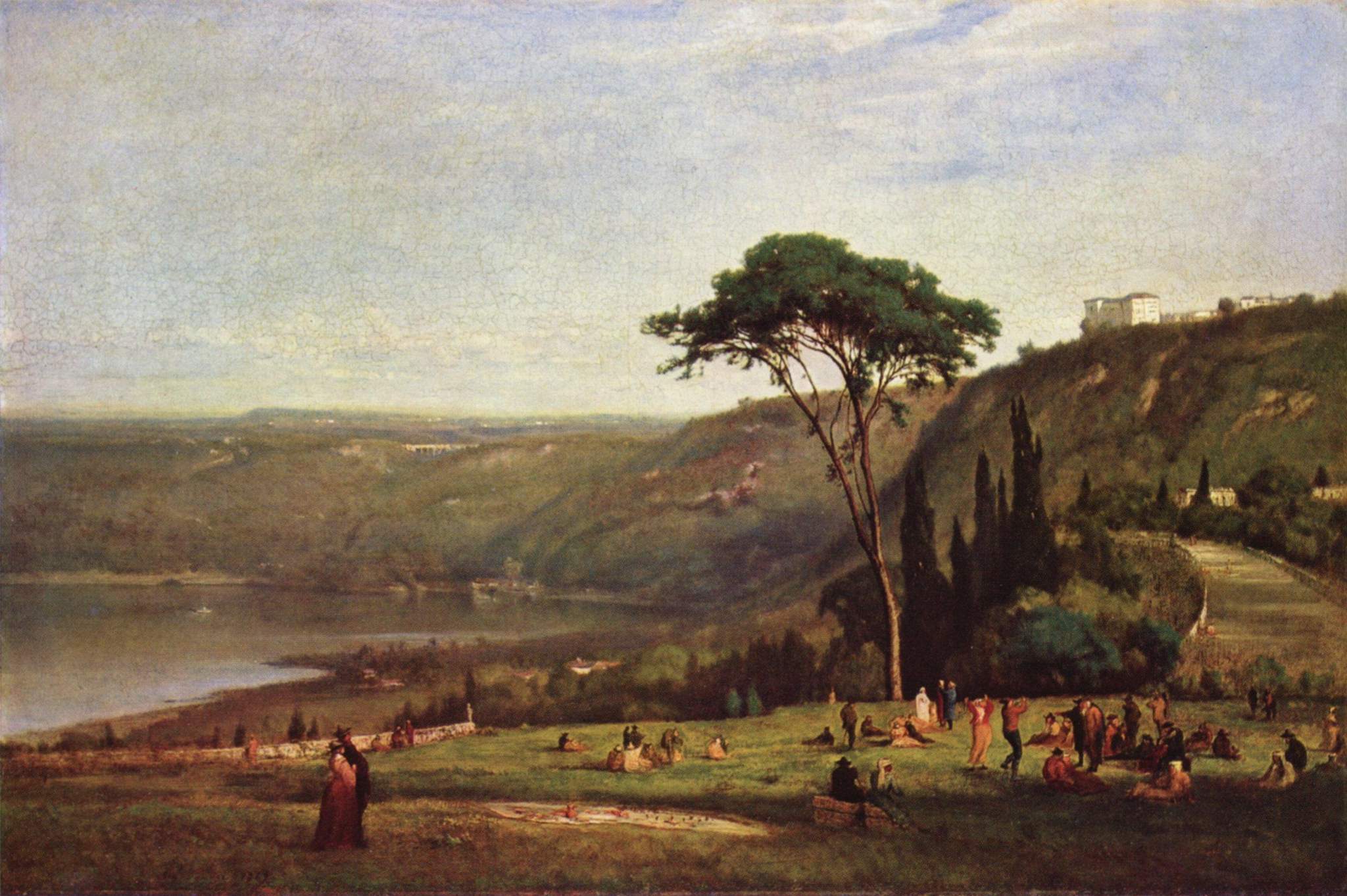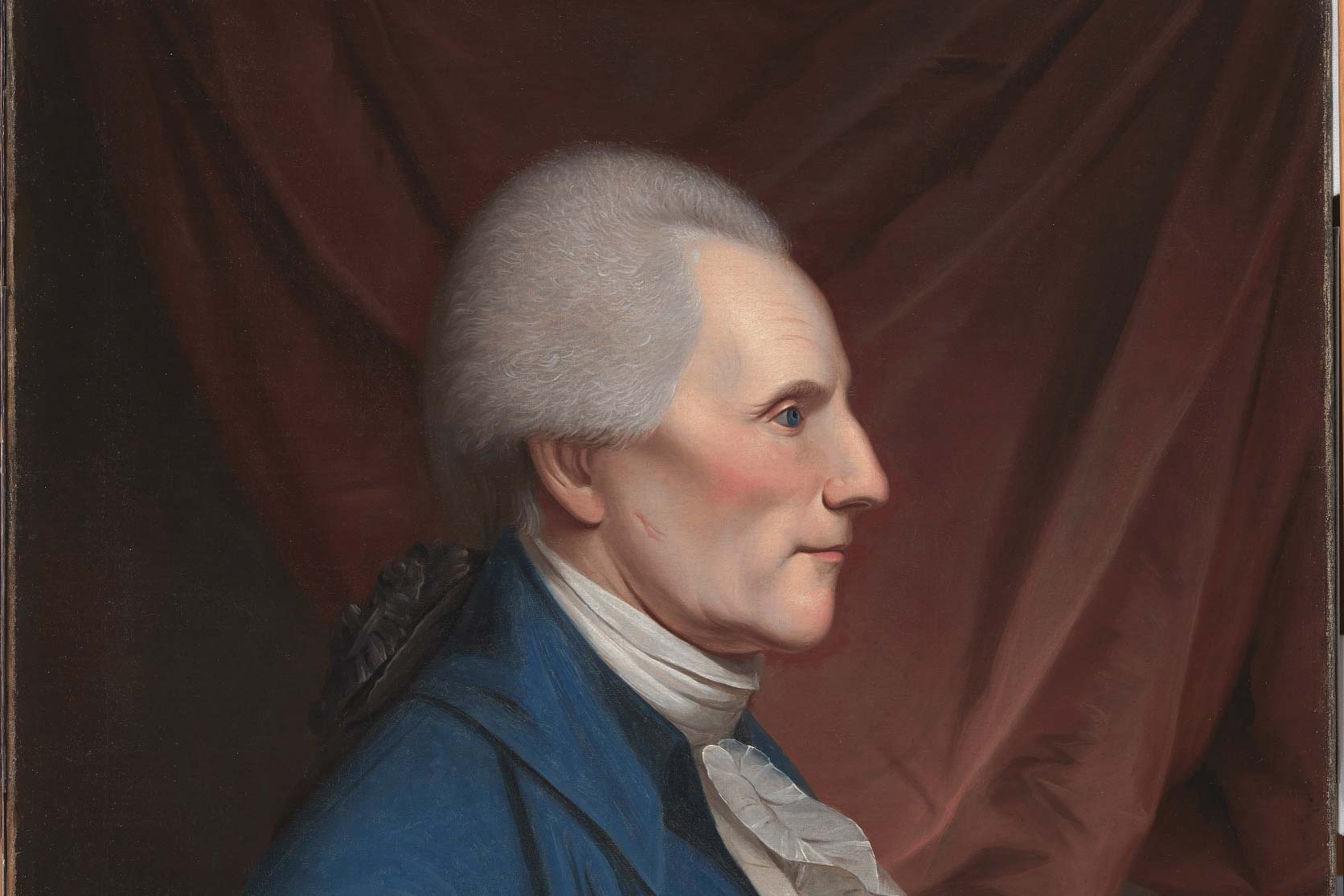Richard Henry Lee to George Mason
May 15, 1787

It has given me much pleasure to be informed that General Washington and yourself have gone to the Convention. We may hope, from such efforts, that alterations beneficial will take place in our Federal Constitution, if it shall be found, on deliberate inquiry, that the evils now felt do flow from errors in that constitution! But alas, sir, I fear it is more in vicious manners, than mistakes in form, that we must seek for the causes of the present discontent. The present causes of complaint seem to be, that Congress cannot command the money necessary for the just purposes of paying debts, or for supporting the federal government; and that they cannot make treaties of commerce, unless power unlimited, of regulating trade be given. …For now the cry is power, give Congress power.
Without reflecting that every free nation, that hath ever existed, has lost its liberty by the same rash impatience, and want of necessary caution, I am glad, however, to find, on this occasion, that so many gentlemen, of competent years, are sent to the Convention, for, certainly, “youth is the season of credulity, and confidence a plant of slow growth in an aged bosom.” … If it is that the right of making paper money shall be exclusively vested in Congress; such a right will be clearly within the spirit of the fourth section of the ninth article of the present confederation. Knaves assure, and fools believe, that calling paper money, and making it tender, is the way to be rich and happy; thus the national mind is kept in constant ferment; and the public councils in continual disturbance by the intrigues of wicked men, for fraudulent purposes, for speculating designs. This would be a great step towards correcting morals, and suppressing legislative frauds, which, of all frauds, is the most hateful to society. Do you not think, sir, that it ought to be declared, by the new system, that any States act of legislation that shall contravene, or oppose the authorized acts of Congress, or interfere with the expressed rights of that body, shall be ipso facto void, and of no force whatsoever?
 Richard Henry Lee
Richard Henry Lee